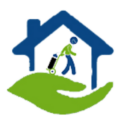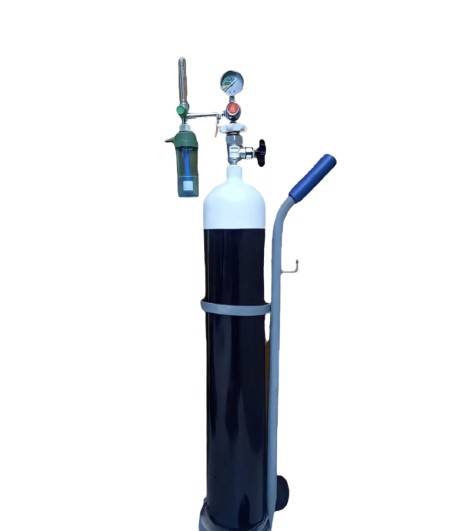Using oxygen cylinders safely is of utmost importance to prevent accidents and ensure the well-being of individuals who require supplemental oxygen. Here are some essential rules to follow when using oxygen cylinders:
Proper Training: Only individuals who have received proper training in handling and using oxygen equipment should be allowed to handle oxygen cylinders.
No Smoking: Absolutely no smoking or open flames should be allowed near oxygen cylinders. Oxygen supports combustion, and even a spark can lead to a fire or explosion.
Keep Away from Heat Sources: Oxygen cylinders should be kept away from heat sources, such as radiators, stoves, heaters, and direct sunlight. High temperatures can increase the pressure inside the cylinder, leading to potential leaks or ruptures.
Proper Storage: Store oxygen cylinders in a well-ventilated, cool, and dry area. Cylinders should be stored upright and secured to prevent tipping over. If cylinders are stored horizontally, ensure they are properly secured to prevent rolling.
Secure Transportation:
When transporting oxygen cylinders, make sure they are secured in an upright position to prevent them from falling or rolling during transit.
Use Regulators: Always use a pressure regulator to control the flow of oxygen from the cylinder. This prevents excessive flow rates that could be dangerous to the patient.
No Oil-Based Products: Avoid using oil-based products, such as petroleum jelly, on the face or near the oxygen delivery device, as these can react with oxygen and create a fire hazard.
Check for Leaks: Before using an oxygen cylinder, check for any signs of leaks. Do not use a cylinder if you suspect a leak; instead, move it to a safe location and contact the supplier.
No Tampering: Oxygen cylinders should not be tampered with, modified, or altered in any way. Only authorized personnel should handle repairs or maintenance.
Keep Cylinders Secure: Oxygen cylinders should be stored securely to prevent unauthorized access or use. This is especially important in homes with children.
Emergency Numbers:
Keep emergency contact numbers for medical assistance, the oxygen supplier, and local fire services readily available.
Cylinder Labels: Always read and understand the labels and markings on the cylinder. The label provides important information about the contents, pressure, and handling instructions.
Remember that oxygen is a medical gas and its use requires caution. If you have any doubts or concerns, seek guidance from professionals with expertise in oxygen therapy.

